
Are you ready to take your website to the next level? SEO is a game-changer for businesses, marketers, and bloggers looking to drive traffic and sales online. But let’s face it, mastering the art of SEO can be daunting. With so many elements to consider, it’s challenging to know where to start.
In this blog post, we’ll explore the importance of SEO and the 11 most critical parts of SEO that you need to optimize for better online visibility. From keyword research to local SEO, we’ll cover everything you need to know to boost your rankings and attract more visitors.
Our goal is to provide you with actionable tips and strategies to help you master the art of SEO, even if you’re new to the game. So, let’s dive into the 11 critical parts of SEO that you need to get right.
Don’t Get Left Behind: Why SEO is Crucial for Every Business in 2023
As we move further into the digital age, it’s becoming increasingly important for businesses to have a strong online presence. And while there are several ways to drive traffic and leads online, few are as effective as SEO.
Search engine optimization, or SEO, is the process of optimizing your website and content to rank higher in search engine results pages (SERPs). By improving your visibility in search results, you can attract more organic traffic, generate more leads, and ultimately, grow your business.
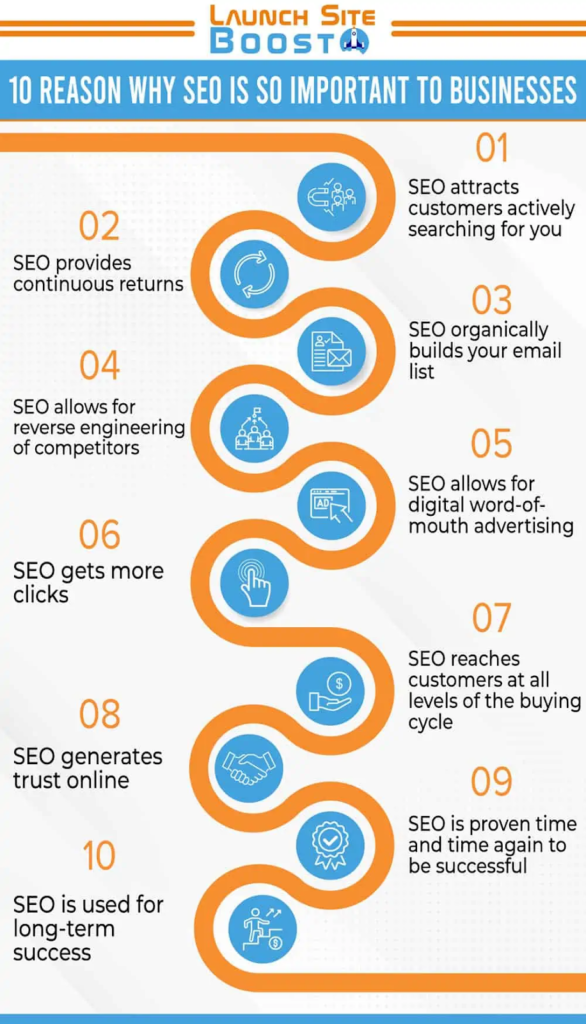
In 2023, SEO is more important than ever. Ever since the COVID-19 pandemic forced more and more businesses to shift their operations online, competition has been fierce. If you want to stand out from the crowd and attract more customers, you need to invest in SEO.
But SEO isn’t just about ranking higher in search results. It’s also about providing a better user experience for your visitors. By optimizing your website and content for SEO, you’re also making it more user-friendly and easier to navigate. This, in turn, can lead to higher engagement, longer time on site, and more conversions.
So, if you haven’t already invested in SEO, do so now! By improving your visibility in search results and providing a better user experience for your visitors, you can take your business to the next level in 2023 and beyond. And start with these 11 parts of SEO that you must consider first.
The 11 Critical Elements of SEO
When optimizing your website for search engines, there are many different factors to consider. However, some elements are more critical than others.
In this section, we’ll cover the 11 most important parts of SEO that you need to optimize for better online visibility:
1. Keyword research
This is the foundation of any successful SEO strategy. It involves identifying the words and phrases that people use when searching for products, services, or information related to your business. By targeting the right keywords, you can improve your visibility in search results and attract more relevant traffic to your website.
The first step in keyword research is to brainstorm a list of potential keywords and phrases that your target audience might use when searching for your products or services. This can include general keywords that describe your business as well as more specific, long-tail keywords in your niche.
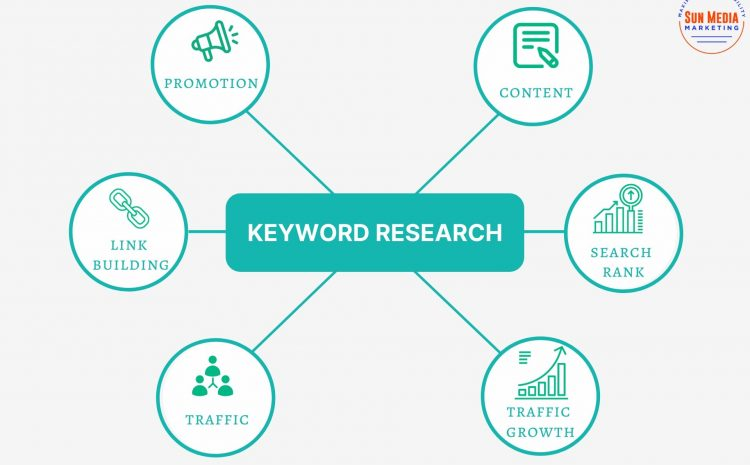
Once you have a list of potential keywords, you can use a variety of tools to evaluate their SEO potential. When selecting keywords for your SEO strategy, focus on relevance and search volume. You want to choose highly relevant keywords that have a significant search volume but aren’t too competitive. It’s often better to focus on less competitive keywords at first.
2. On-page optimization
On-page optimization is a crucial aspect of SEO that involves optimizing individual pages on your website to improve their visibility in search results. This involves various techniques such as optimizing your content, meta tags, and images for relevant keywords, ensuring your website has a user-friendly interface and is easy to navigate.
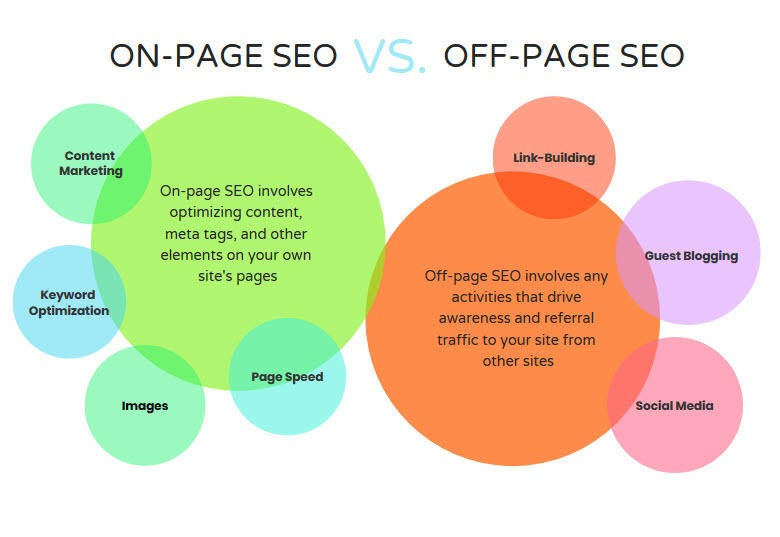
By optimizing your website’s on-page elements, you can improve its relevance and overall quality, making it more appealing to both search engines and users. This, in turn, can result in better rankings and increased organic traffic to your site.
3. Content quality
Content quality is a key factor in SEO, as search engines aim to deliver the best possible results for their users. Creating high-quality content that is informative, engaging, and valuable to your target audience can help you attract more backlinks, improve your search engine rankings, and establish your brand as an authority in your industry.
In addition, quality content can also help increase user engagement and encourage visitors to spend more time on your site, which can signal to search engines that your site is relevant and valuable to users.
4. Backlinks
Backlinks are crucial for SEO success as they signal to search engines that other websites view your content as valuable and authoritative. When a high-quality website links back to your site, it can improve your site’s credibility, relevance, and overall visibility in search results. This, in turn, can drive more traffic to your site and help improve your rankings for targeted keywords.
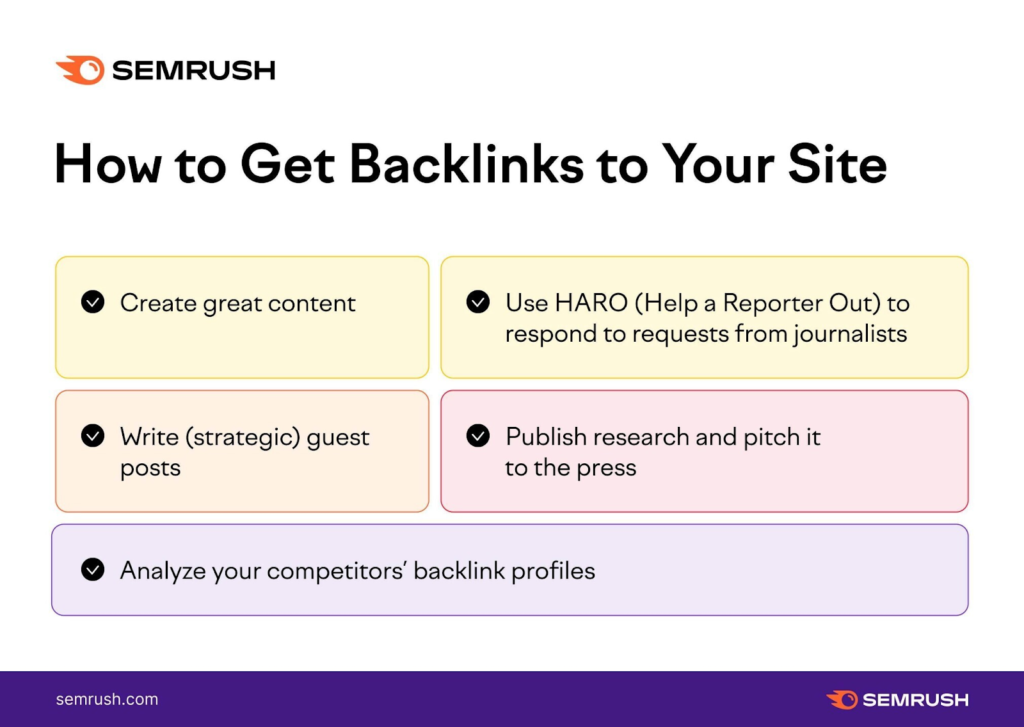
5. Mobile optimization
Mobile optimization is a critical aspect of SEO because an increasing number of users access the internet on their mobile devices. Optimizing your website for mobile devices can improve user experience, reduce bounce rates, and increase how long your users are on your site. In addition, mobile-friendly sites are more likely to rank higher in mobile search results, which can drive more traffic to your site.
6. Site speed
A slow-loading website can result in high bounce rates, lower engagement, and reduced conversions. In addition, search engines prioritize fast-loading sites, as they provide a better user experience. Slow-loading sites may experience lower search engine rankings and reduced visibility in search results. By optimizing your website’s speed and performance, you can improve user experience, increase engagement, and boost your site’s overall performance in search results.
7. User experience
User experience (UX) plays a vital role in SEO success, as search engines aim to deliver the best possible results for their users. By optimizing your website’s UX, you can improve engagement, reduce bounce rates, and increase the time users spend on your site. This, in turn, can signal to search engines that your site is valuable and relevant to users, potentially resulting in better search rankings. UX optimization includes factors such as site navigation, page load speed, mobile responsiveness, and overall site design.

8. Local SEO
Optimizing your website for local search results can increase your visibility to local customers, which can lead to more foot traffic, phone calls, and online inquiries. Local SEO strategies include creating location-specific content, optimizing your Google My Business profile with accurate and up-to-date information, and building local citations (mentions of your business on other local websites and directories). By focusing on local SEO, you can improve your online presence in your community and attract more local customers to your business.
9. Social media
Social media can indirectly impact your SEO by driving more traffic to your website and improving engagement. By sharing links to your website on social media, you can attract more visitors and potentially earn more backlinks from authoritative websites. Social media engagement (likes, shares, comments) can also signal to search engines that your content is valuable and relevant to users, potentially boosting your rankings. Additionally, a strong social media presence can increase your brand visibility and reputation, which can lead to more search queries and branded searches, further boosting your SEO efforts.
10. Site architecture
A well-organized site architecture makes it easy for users to find what they’re looking for, which can lead to longer time on site and higher engagement. From an SEO perspective, a logical site structure with clear categories and subcategories can help search engines crawl and index your site more efficiently.
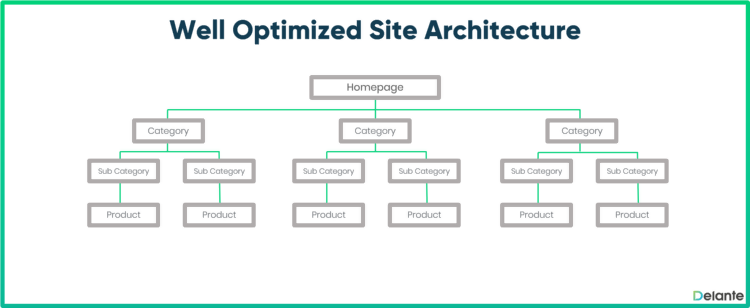
Additionally, a well-structured site can help to consolidate authority to important pages on your site, potentially improving their search rankings. Ensuring that your site architecture is user-friendly and optimized for search engines is an important step toward improving your website’s SEO performance.
11. Analytics
Analytics is an essential component of SEO as it allows you to track and measure the success of your efforts. By monitoring key metrics like traffic, bounce rates, and conversions, you can identify trends and areas for improvement. This information can help you to optimize your strategy to improve your rankings, drive more traffic, and ultimately, achieve your business goals.
Analytics tools like Google Analytics can provide valuable insights into your website’s performance, allowing you to make data-driven decisions to improve your SEO and grow your business.
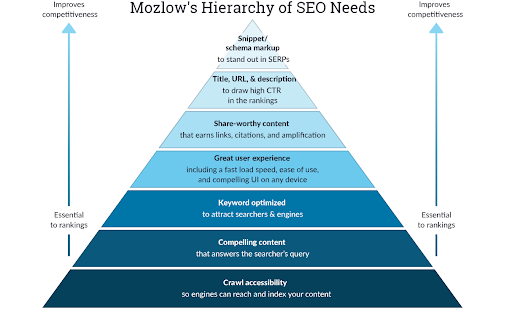
Take Your SEO to the Next Level!
In conclusion, mastering the art of SEO requires a comprehensive understanding of the 11 critical elements to optimize. From conducting keyword research and writing content to building backlinks and optimizing your site architecture, each element plays a crucial role in improving your search rankings and driving more traffic to your website.
By taking a strategic and data-driven approach to SEO, you can achieve long-term success and establish your brand as a leader in your industry. Remember, SEO is an ongoing process, and it requires ongoing attention and effort. By continually refining and optimizing your strategy, you can stay ahead of the competition and achieve your business goals.
FAQs
The most important parts of SEO include keyword research, on-page optimization, content quality, backlinks, mobile optimization, site speed, user experience, local SEO, social media, site architecture, and analytics. These critical elements work together to improve your search rankings, drive more traffic to your website, and establish your brand as an authority in your industry.
To ensure good search engine rankings, you need to focus on the critical elements of SEO, such as conducting keyword research, creating high-quality content, building backlinks, optimizing for mobile, improving site speed, and ensuring a positive user experience. It’s also important to stay up to date with algorithm changes and regularly track your analytics to measure your success. By taking a strategic and data-driven approach to SEO, you can improve your search engine ranking and drive more traffic to your website.
Content plays a crucial role in SEO as search engines prioritize high-quality and informative content that provides value to users. By creating relevant and engaging content, you can improve your search engine rankings, attract more traffic to your website, and establish your brand as an authority in your industry. It’s important to conduct keyword research and optimize your content for relevant keywords, while also ensuring that your content is user-friendly and easy to navigate.
Domain authority is a metric used to predict the ranking potential of a website in search engine results. It is calculated based on factors such as the number and quality of backlinks pointing to a website, the website’s age, and its overall content quality. A website with high domain authority is considered to be more likely to rank higher in search engine results, while a website with low domain authority may struggle to achieve visibility.
Latest Blogs
Explore how Google’s 2025 AI search updates triggered ranking chaos. Learn actionable strategies to adapt your SEO for AI Overviews, zero-click searches, and SERP volatility. Stay ahead now.
Learn how to rank on AI search engines like ChatGPT, Perplexity, and Gemini by optimizing your content for authority, structure, and relevance. Stay ahead in AI-driven search with this strategic guide.
Explore the best healthcare SEO services for your medical practice. Improve online visibility and effectively reach more patients in need of your services.
Get your hands on the latest news!
Similar Posts

Content Analytics
8 mins read
Google I/O 2025: AI Search Shake-Up & Ranking Volatility

SEO
5 mins read
Top 10 Agencies for Banking and Financial SEO Services Industry

SEO
4 mins read